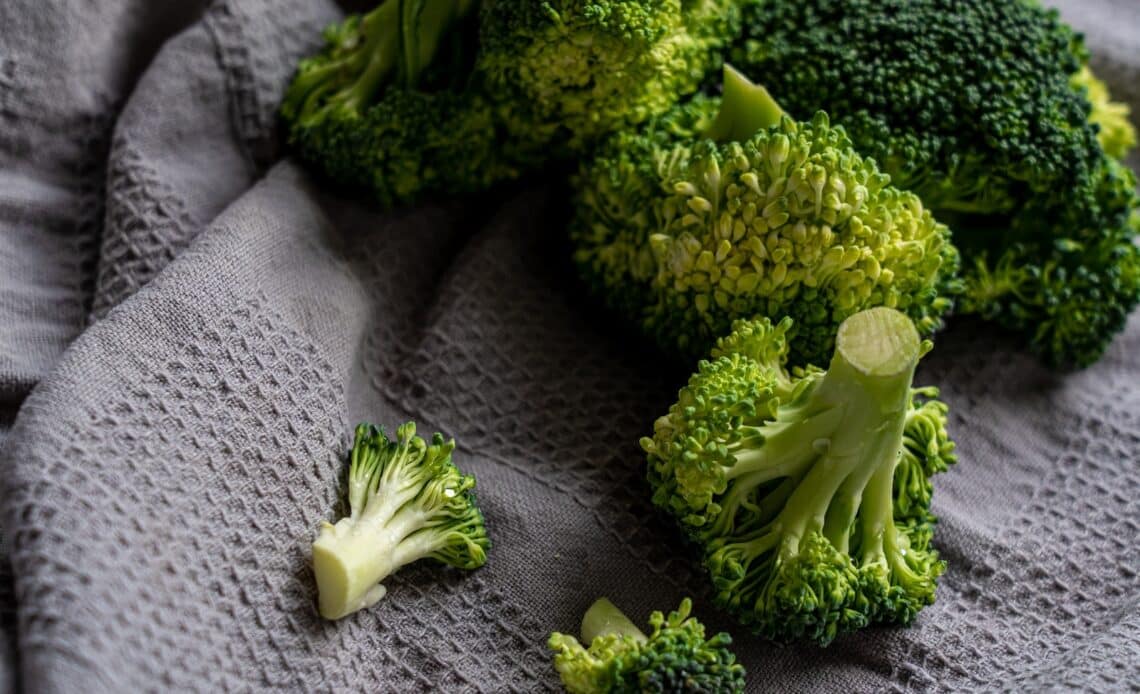
Autism spectrum disorder (ASD) affects 1 in 54 children in the United States. As parents and caregivers, we always look for safe and effective ways to support our children’s development and improve their quality of life. One emerging supplement that shows promise is sulforaphane.
What is Sulforaphane?
Sulforaphane is a phytochemical found in cruciferous vegetables like broccoli, Brussels sprouts, cabbage, and kale. However, its concentration is highest in 3-4-day-old broccoli sprouts. As a supplement, sulforaphane provides sulfur-containing compounds that play numerous critical roles in the body.
Sulfur supports cellular processes and functions. Children with ASD often have abnormally low sulfur levels, which can cause issues like oxidative stress, glutathione deficiency, and mitochondrial dysfunction. By providing sulfur, sulforaphane may help restore normal cellular processes.
How Sulforaphane Could Benefit Children with ASD
Research indicates sulforaphane has neuroprotective properties that may benefit children with ASD in multiple ways:
- Protects the brain from toxins: Environmental factors account for 40-50% of ASD risk. Sulforaphane helps remove toxic chemicals from the brain that children encounter daily in foods, household products, and personal care items. This reduces neurological damage.
- Provides missing sulfur: Sulfur compounds help cells work properly. Sulforaphane may restore healthy sulfur levels in children with ASD.
- Reduces oxidative stress: Sulforaphane is an antioxidant that can decrease harmful oxidative stress associated with ASD. This helps cells and tissues function optimally.
- Supports liver function: It protects the liver from toxin-induced damage. The liver must be healthy to remove environmental toxins from the body.
- Improves mitochondrial function: Mitochondria produce energy for cells. Sulforaphane enhances mitochondrial capacity, which supports overall health.
By addressing these key areas, sulforaphane may improve behavioral, social, communication, and cognitive symptoms of ASD.
Current Research on Sulforaphane for Children with ASD
Multiple small studies on sulforaphane have shown improvements in children with ASD:
- Increased sociability and less aberrant behaviors
- Improved communication skills
- Better scores on behavior rating scales like the Aberrant Behavior Checklist (ABC) and Social Responsiveness Scale (SRS)
Doses used in studies range from 50-150 micromoles per 100 lbs body weight. Duration ranges from 4 weeks to 18 weeks. Side effects are generally mild, like digestive upset.
More research is still needed to determine optimal dosing and duration for sulforaphane supplementation in ASD. However, initial findings are very promising. Over 50 studies confirm sulforaphane’s safety and potential to support neurological function.
The Best Sulforaphane Supplement Options for Children with ASD
While dietary sources like broccoli sprouts are excellent, supplements offer a more concentrated and consistent dose. When choosing a sulforaphane supplement for a child with ASD, look for:
- An FDA-registered facility with stringent quality controls
- Third party testing to validate purity and potency
- A gluten-free, vegetarian formula
Always consult a doctor before giving any new supplement to a child. Start with small doses and monitor for side effects. Increase gradually as tolerated.
Conclusion
Research continues to emerge on using sulforaphane as a safe, natural therapy for improving ASD symptoms. While more studies are still needed, initial evidence shows it can enhance social skills, behavior, communication, and cognition.
Sulforaphane works by addressing several critical mechanisms involved in ASD – reducing oxidative stress and neuroinflammation while supporting detoxification and mitochondrial function. It shows particular promise for helping children with ASD reach their full potential.


